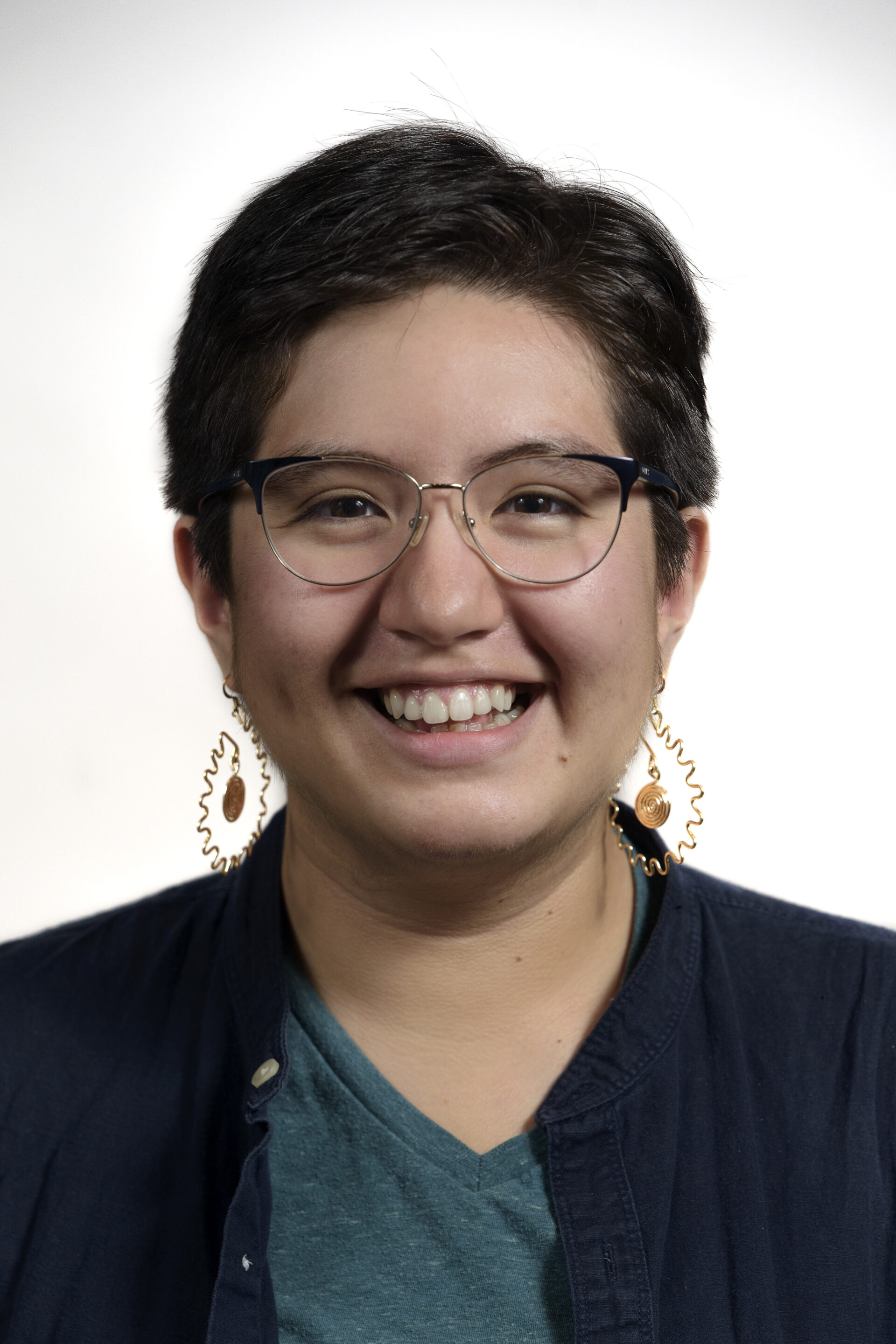Crafting Futures: Designing for Youth and Community “Futuring” Practices
Melissa Perez
About the research
Award
NAEd/Spencer Dissertation Fellowship
Award Year
2024
Institution
University of Michigan
Primary Discipline
Curriculum and Instruction
The U.S. is at a critical juncture in its sweeping efforts to broaden participation in STEM. While it has been promoted as a critical component to U.S. participation in the global economy, it is often done at the expense of some of the most marginalized communities. This creates a pressing need to address how STEM education can benefit communities without harming learners. This can be done by surfacing how community members, particularly youth, envision and enact the future, which I refer to as “futuring.” Thus, in this dissertation, I address two overarching questions: What is the role of community-oriented STEM programs in imagining more just futures? I present research conducted across two communities in the U.S.; the first is the Green Club (GC), a community-oriented, STEM-rich makerspace in the midwest, where from 2020-23 I conducted participatory critical ethnographic research with Black youth in GC. From this research, we can see how youth “future” through the ways they come together in the space of GC. I aim to further our understanding of futuring by working with a predominantly Latinx community in South Texas. I am co-designing an informal STEM program in partnership with a public library, drawing on insights from working with GC. Through my work, I provide a model for designing justice-centered, community oriented STEM learning environments, and develop “futuring” as a way to view youths’ learning within informal spaces.
About Melissa Perez

Melissa (Mez) Perez is a doctoral candidate in Information and Educational Studies at the University of Michigan. Mez’s research sits between computing education, learning sciences, and cultural studies. She regularly works in making and makerspace contexts, aiming to better understand how youth of color work to (re)define, (re)organize, and (re)imagine making and makerspaces, especially as they are used with STEM-oriented learning environments. To do this, she foregrounds relational learning and pedagogies of care. Through her work, she aims to surface alternative futures for engaging in STEM disciplines that center the desires of the youth and their communities. At Michigan, she is a member of the Culturally Responsive Computing Lab, GET STEM Collaborative, and Center for Ethics, Society, and Computing. Before her graduate studies, she received a B.S. in Computer Science from Northwestern University where she conducted research as a member of the technological innovations for inclusive learning and teaching (tiilt) lab. Before any of these affiliations, Mez is a fronterizx person from the Rio Grande Valley of South Texas, oldest sister, tía, and cousin; these identities have shaped many of her research commitments and are the grounding force behind her work towards more just futures.
